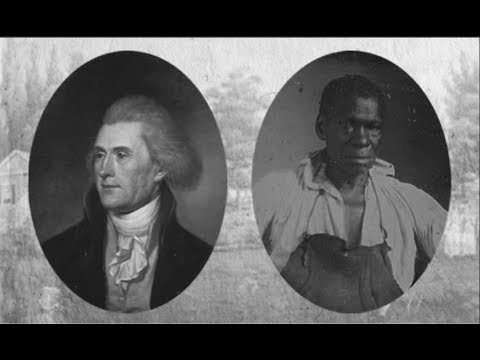Introduction
As we delve into the annals of history, we often overlook the significant impact that African cultures, civilizations, and individuals have had on shaping our world. The influence of black people on various aspects of human history is often downplayed or even erased. However, one realm that undeniably demonstrates the profound connection between black heritage and historical events is the Bible. In this article, we will explore how the Bible encompasses a significant portion of black history and the contributions made by African individuals depicted within its pages.
The Ethiopian Connection
Embedded within the scriptures are references to people and cultures originating from Africa, particularly Ethiopia. One prominent example is found in the book of Acts where an Ethiopian eunuch traveled to Jerusalem to worship, carrying a copy of the prophet Isaiah’s scroll. During his journey back home, he encountered Philip, an apostle of Jesus Christ. Philip then interpreted specific verses from Isaiah, leading to the Ethiopian’s conversion (Acts 8:26-40).
This account establishes a connection between Ethiopia and early Christianity, illustrating how Africans played a pivotal role in spreading and receiving Christian teachings. Furthermore, it recognizes Ethiopia as an early hub for Christianity in Africa.
Kingdoms and Monarchs
Throughout biblical narratives like Genesis and Chronicles, numerous African kingdoms and influential figures are mentioned. One such example is the period when King Solomon received a visit from Sheba’s queen (identified with modern-day Ethiopia or Yemen based on historical context). Famed for her wisdom-seeking encounter with Solomon (1 Kings 10:1-13), this visiting queen serves as another testament to Africa’s rich involvement within scripture.
Additionally, both Egypt and Cush (identified as modern-day Sudan) are mentioned extensively within biblical texts regarding their close relationship with ancient Israel. From Joseph’s rise to power in Egypt during famine (Genesis 41) to Moses leading God’s people out of Egyptian slavery (Exodus), these narratives weave together the destinies of African nations with biblical accounts.
Prophets and Disciples
Beyond historical contexts, the Bible also emphasizes the contributions and roles of African individuals within the realm of prophesy and discipleship. In Acts 13:1, we learn that Simeon, also known as Niger (meaning black), was one of the prophets and teachers in the early Christian Antioch community. This mention highlights both his position as a leader within Christianity and his racial background.
Moreover, another intriguing narrative in the book of Mark describes an episode when Jesus was on his way to Jerusalem. Simon of Cyrene, an African man from modern-day Libya, was compelled to carry Jesus’ cross (Mark 15:21). This incident reveals how black individuals played an immediate and vital part in Christ’s crucifixion story.
Conclusion
The Bible is often presented as a universal text accessible to all, transcending race or ethnicity. However, neglecting to acknowledge the extensive involvement of Africans within its narratives diminishes their historical significance. The stories within holy scriptures provide ample evidence of a strong connection between black history and the foundation and spread of Christianity.
It is vital for us to recognize that African heritage is threaded throughout biblical accounts—whether through interactions with Ethiopian eunuchs, mentions of influential kingdoms and monarchs from Ethiopia or Egypt, or depicting important black individuals like prophets or disciples. By embracing this inclusive perspective on biblical history, we can better appreciate Africa’s contributions to humanity’s spiritual journey while fostering a more accurate understanding of our shared collective past.





